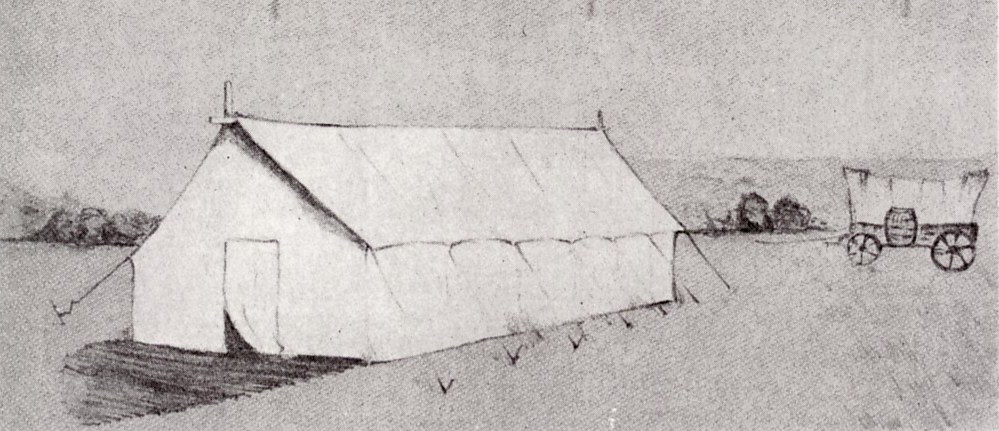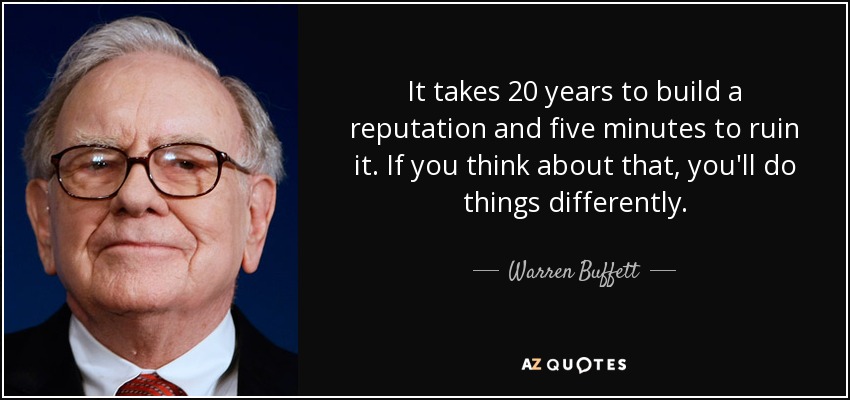10 Teacher Education Programs and Observations
Questions for Discussion:
- What career in education interests you?
- What are ways you can begin developing habits to be a better student and future educator?
- What is education-related experience that you might gain to make you more marketable?
- How can a good resume help you in your journey to become an educator?
- How can your personal philosophy of education communicate the power of being an educator to your future employer? (Strands and Standards, Teaching as a Profession 3 CTE)
Teacher education programs are designed to prepare individuals for a career in teaching. These programs typically include a combination of coursework and supervised classroom experience, and may culminate in a degree or teaching certification. It is important to begin preparing for your career as an educator. There are many behaviors and habits to develop as you prepare yourself to be a good student and begin to gain education experience that will help you in your career. The specific requirements and structure of teacher education programs can vary by state and institution. Utah Tech University’s Teacher Education Programs are outlined in this chapter.
Teacher Feature
Media Specialist, Executive Council Advisor, and Information Technology Teacher, Jamie Kreyling.
Teacher Feature Reflection Questions:
- Why did Mr. Kreyling become a teacher and a media center coordinator?
- What does Mr. Kreyling believes makes him a good teacher?
- What is Mr. Kreyling’s favorite part of being a teacher/media center coordinator?
- What advice would Mr. Kreyling give to new teachers?
Utah Education Flashback
From A History of Washington County, Utah: “Before March 1, 1862, a good sized willow school house had been erected on lot 1, block 12, plat A, of the city survey. The walls were made of cottonwood poles driven in the ground and woven tightly with water willows, the roof made of a similar material. For protection against the cold, a thick coat of mud was plastered over the willows. In the center of the room, resting on the dirt floor, was a huge flat rock. On this was a pole which supported the roof. The rock also served as a desk for the fortunate children who had anything to write on.”

What can you do now to prepare to be a teacher?
Prepare!
- Attend all you classes and be on time. If you ever miss a class, see your professor or email in advance
- Turn in all assignments on time, don’t be the student that is always asking for exceptions
- Participate in class discussions
- Ask questions
- Take every opportunity to learn something new
- Travel
- Read, read, read
- Learn for the sake of learning
- Set a goal of being the best student you can
Seek out activities and part-time jobs to provide education-related experience.
- Paraprofessionals
- Tutor
- Choose a minor (work on your minor during summer)
- Volunteer for service activities and leadership positions
- Become an aide
- Join professional organizations (SkillUSA, National Council of Teachers of English, campus clubs)
- Substitute Teaching
Build a solid reputation!

Resume
The following resume illustrates the simplicity of how your resume should be. You would use a type-written format if you have the resources.
Creating a Resume – Class Activity
Follow this format. Be sure to keep your resume to one page.
- Heading (name, address, email)
- Education
- Relevant experience
- Leadership/Volunteer work
- References (provide three references that are not your relatives)
Interviewing
Be prepared to answer the following questions:
- Why do you want to teach?
- Why do you want to work at this school?
- How do you plan for classroom management?
- How do you handle student misbehavior?
- How do you motivate unmotivated students?
- What is your educational philosophy?
Vocabulary
Bachelor’s Degree
Prerequisite courses
Student teaching
Teacher preparation program
State certification/licensure
Reputation
Interviewing
Resume
Professionalism
Classroom management
Praxis
PPAT
